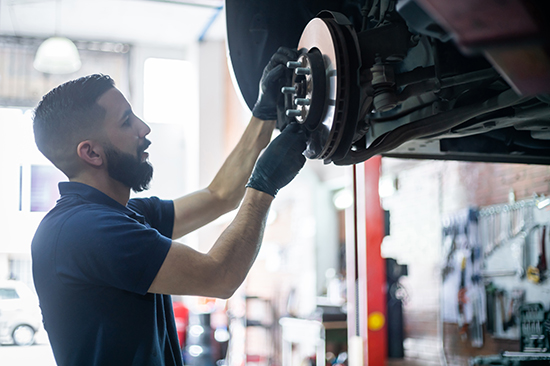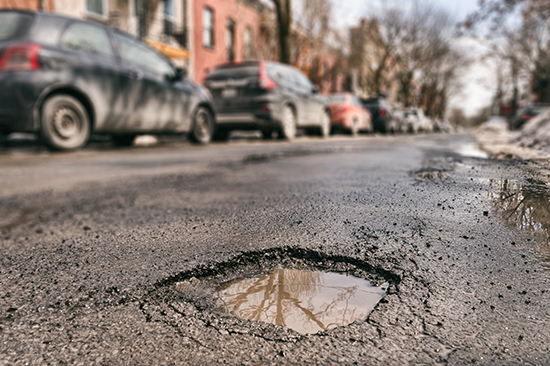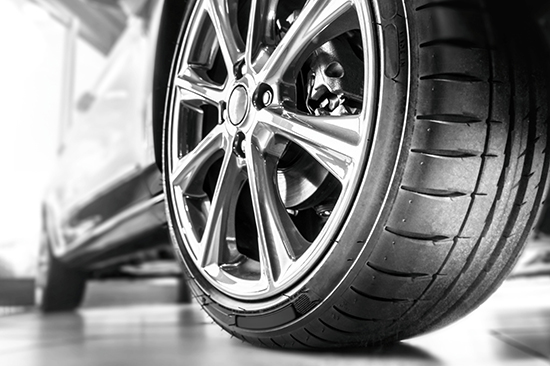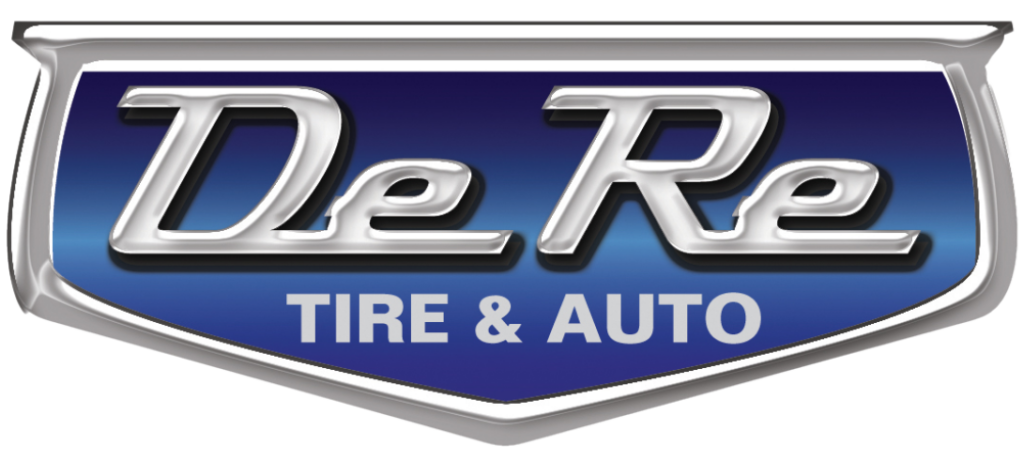Certain aspects of your vehicle should inspire confidence and never be a cause for concern. Are all passengers buckled up? Is your gas tank full? Your vehicle should provide a sense of safety and security, ensuring the well-being of you and your loved ones throughout your journey. Among these essential aspects, your brakes hold a critical role. They serve as your last line of defense in case of an accident or road hazard. You certainly don’t want to discover on a busy highway, amid a sea of screeching brakes, that yours haven’t been properly maintained or are failing. Ensuring your brakes are in excellent condition is not only about safety but also about preventing one of the leading causes of accidents on the road.
While there are several brake checks you can perform yourself, the best practice is to have your brakes regularly inspected by a mechanic. This can easily be done during routine tasks like tire rotations or oil changes. Brake inspections should occur at least once a year, and in many states and counties, they are a requirement for vehicle registration. A thorough brake check can catch minor issues before they escalate into major problems. Replacing worn-out brake pads or cuffs sooner rather than later can save you time, money, and potentially even a life.
Be cautious never to ride your brakes, which means applying constant pressure on the brakes while simultaneously pressing the gas pedal or using them frequently for abrupt stops while in motion, such as in heavy traffic where rapid acceleration and sudden stops are common. These practices can significantly reduce brake lifespan and lead to premature wear and tear.
Here are some warning signs indicating it’s time to have your brakes checked by a trusted automotive technician or mechanic:
- Grinding: If your brakes make grinding or growling noises when you apply pressure or attempt to stop, this is a major red flag. It indicates significant brake pad wear and possibly extensive rotor damage. In this case, immediate attention is required, as your brakes are no longer safe.
- Squealing: Squealing can result from brake pads that are wearing down. However, it can also be caused by moisture between the brake pads and the tires. If the squealing only occurs when you start driving and disappears as the tires and brakes warm up, it might be due to moisture. But if the squealing persists, especially during braking, have your brakes inspected promptly.
- Increased Pressure: If you find yourself having to apply excessive pressure, essentially slamming on the brakes to bring your car to a halt, it’s a sign of a brake issue. Ideally, light pressure should suffice to slow down or stop your vehicle. The need for heavy braking indicates severe brake pad wear or potential problems within the braking system itself.
- Prolonged Stops: If your car continues to drift forward after you’ve applied the brakes, it’s a sign that your brakes may be worn down or there could be an internal issue in the braking system. A comprehensive brake system inspection is recommended to identify worn parts and assess brake pressure.
- Pumping: Whether your braking system has anti-lock brakes (ABS) or not, a pumping sensation can indicate a problem. ABS-equipped vehicles may exhibit an automatic pumping motion during rapid braking or abrupt stops. However, if your vehicle lacks ABS and you feel a pumping sensation when applying the brakes, it may indicate issues like air bubbles or uneven wear and tear, which can lead to further damage over time.





